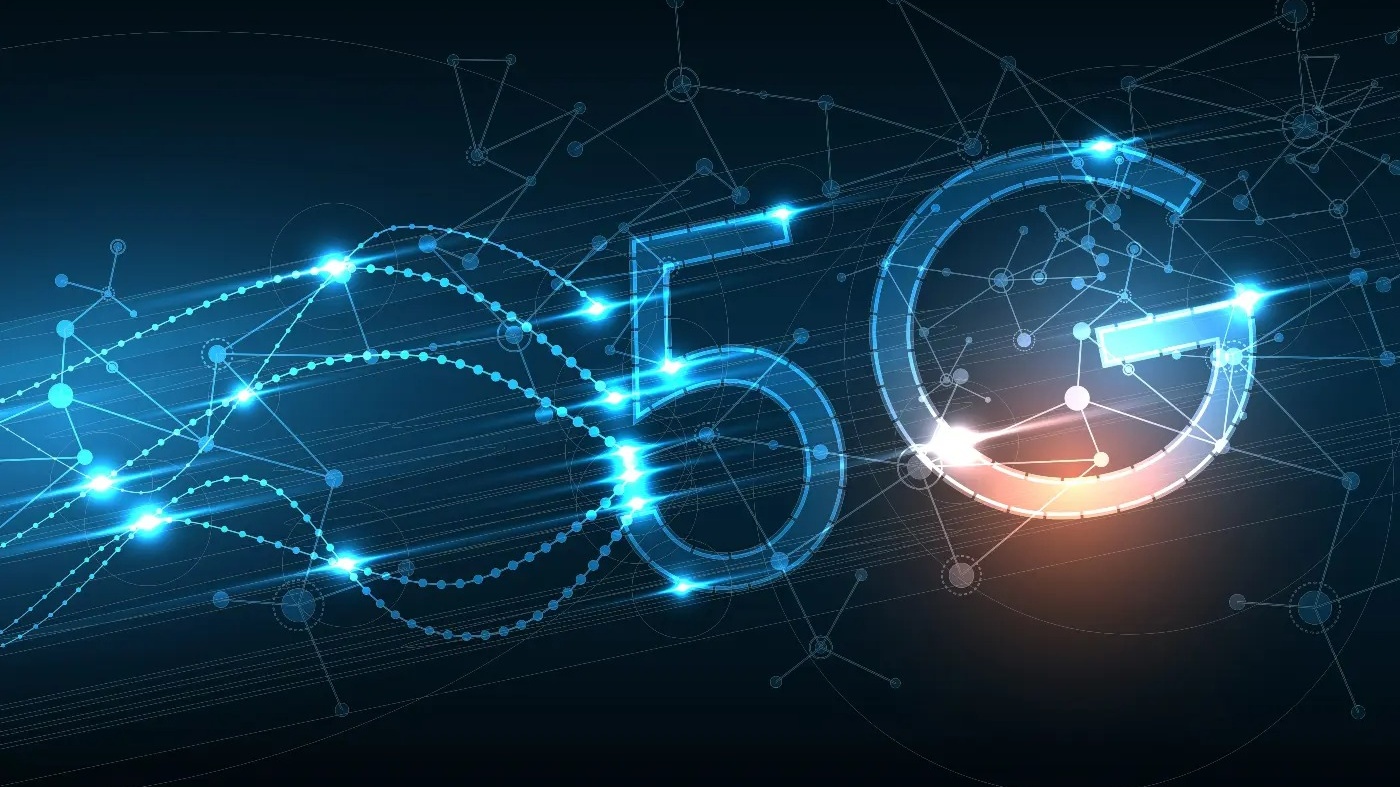Vodafone reckons 5G will have a bigger effect on society than AI
There are many fields in which 5G can make a difference

Sign up for breaking news, reviews, opinion, top tech deals, and more.
You are now subscribed
Your newsletter sign-up was successful
Many people expect the widespread adoption of 5G to have a more profound impact on their day-to-day lives than Artificial Intelligence (AI), despite the latter filling headlines these days.
A new report from Vodafone including a survey of 2,000 adults in the UK showed a third (31%) expecting healthcare services to benefit most from the introduction of advanced 5G connectivity.
Utilities like energy and water (21%) and railways (20%) rounded off the top three biggest gainers. What’s more, these were also the areas people were most frustrated with in the last year.
Major savings for the NHS
But these are hardly the only industries and organizations to benefit from 5G. As per the economic modeling, the NHS will save almost £1 billion every year. One of the ways the NHS can benefit from 5G is through remote check-ups and real-time patient monitoring via Internet of Things (IoT) technology. These will reduce the need for GP and hospital visits, generating higher savings.
Furthermore, 5G-enabled sensors can help discover problems on railways and trains, resulting in fewer delays and cancellations. The economic modeling sees passengers saving more than 25 million hours over five years, which equates to £326 million in productivity and wellbeing benefits. Finally, 5G-powered smart city lights can save local councils £700 million over the next five years, while also cutting carbon emissions significantly.
“Our research shows half of the population think that technology could make their lives easier, for the other half it’s up to us to bring to life the difference technologies like 5G Ultra can make to everyday life – the streets we walk down, the trains we travel on and how we look after one another,” commented Ahmed Essam, CEO of Vodafone UK.
“Our proposed combination with Three UK will give us the scale to accelerate investment in the UK’s digital future. The launch of Vodafone 5G Ultra gives a taste of what life could be like. Together we can deliver innovation further and faster.”
Sign up to the TechRadar Pro newsletter to get all the top news, opinion, features and guidance your business needs to succeed!
- These are the best 5G phone deals at the moment
Sead is a seasoned freelance journalist based in Sarajevo, Bosnia and Herzegovina. He writes about IT (cloud, IoT, 5G, VPN) and cybersecurity (ransomware, data breaches, laws and regulations). In his career, spanning more than a decade, he’s written for numerous media outlets, including Al Jazeera Balkans. He’s also held several modules on content writing for Represent Communications.